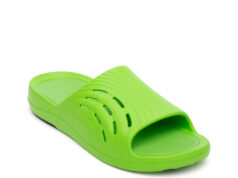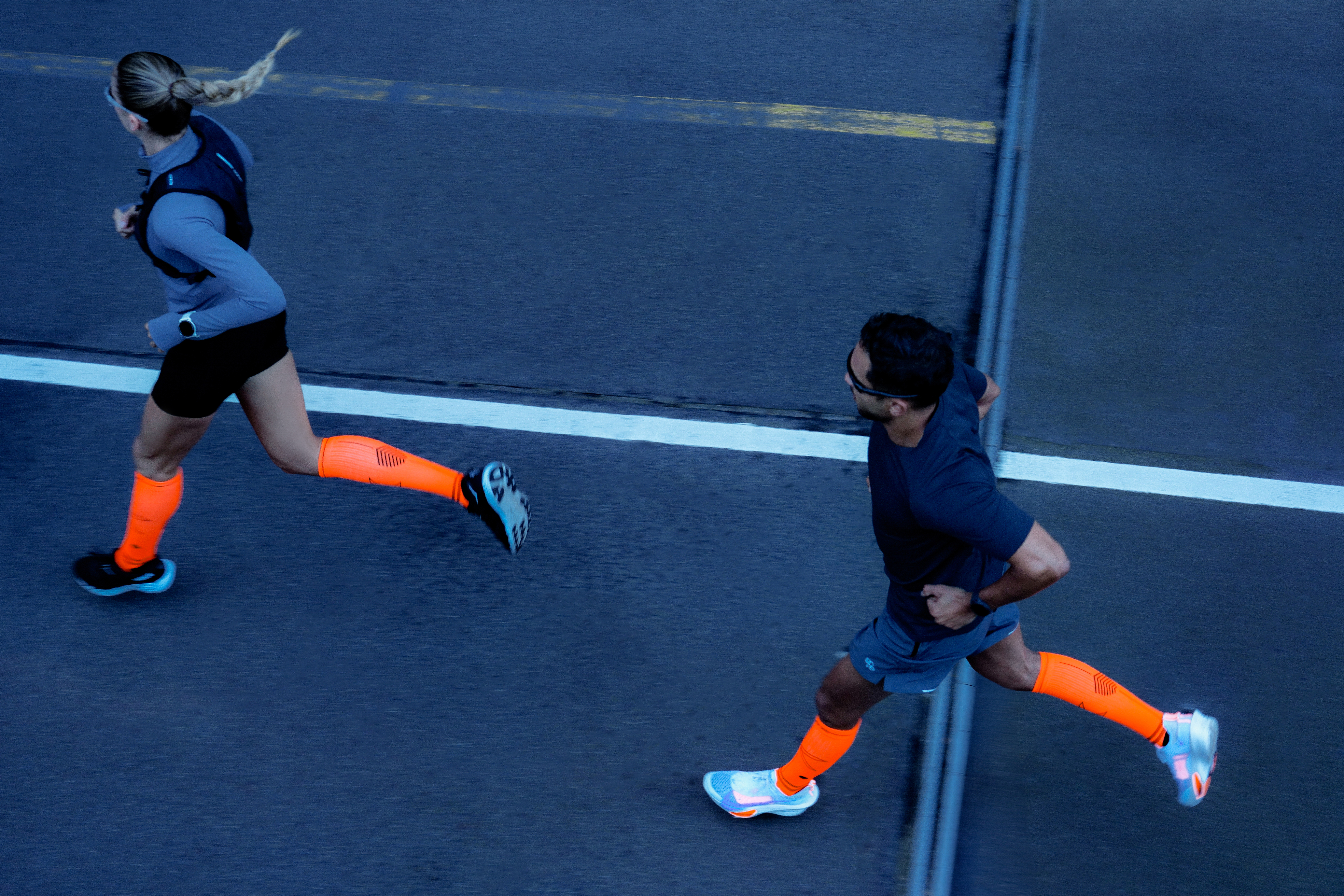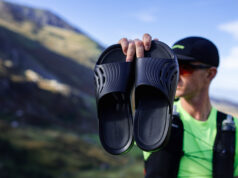When journalists and ultrarunners Lily Canter and Emma Wilkinson began pitching their book Ultra Women, they encountered a disheartening obstacle. A publisher told them flatly: “Women don’t buy running books, and men won’t read this.” That single statement reveals a deeply rooted bias in both the publishing and sports industries, one that undervalues women as athletes and consumers.
Despite this initial setback, Lily and Emma found a publisher who believed in their vision. Since its release, Ultra Women has resonated with both female and male readers. The book has received overwhelming feedback, with many male readers expressing surprise and appreciation for the perspective it offers. It turns out that readers of all genders are hungry for diverse and authentic stories.
Running books often focus on performance, records, or the elite athlete mindset, typically from a male point of view. Ultra Women breaks that mould by blending storytelling, science, and social commentary. It showcases the stories of ordinary and extraordinary women who have quietly redefined what endurance means. Publishing more books like this ensures that different experiences are represented and that more readers feel seen and inspired.
Michelle Mortimer reviews Ultra Women for us below:
The blurb
“A trend has captured public attention: female athletes have been beating the strongest male contenders, in the toughest races in the world, races designed for men.
“In Ultra Women, two endurance athletes delve into the surprising science of sporting performance to explore the physiological and psychological differences between the sexes. They ask: could fat stores and muscle type (and capacity for not sleeping) really give women an edge over men in ultra long distances? And what roles are played by pace, preparation, and motherhood?
“Speaking to elite athletes, historians and scientists, the book unearths the largely unknown past of female endurance, from hunter- gathering to the early 20th Century discipline of pedestrianism. We meet poverty-stricken mother Stamata Revithi, who snuck into the 1896 Athens Olympics marathon, 1980s swimming pioneer Lynne Cox – who crossed the world’s coldest oceans in just a swimsuit – and Jasmin Paris, a British vet who ran almost non-stop to win a 268-mile mountain race, while breastfeeding.
“Brimming with inspiring stories, Ultra Women blazes the trail laid by Caroline Criado Perez’s Invisible Women: Exposing Data Bias in a World Designed for Men. Upbeat and fast-paced, it sets out a blueprint for increasing female participation in sport.”
Introduction
I was so excited to read this book, I pre-ordered it as soon as I could, because there just isn’t enough written about female runners. We hear about a few big names nowadays, every now and again, but there are lots of untold, surprising stories in here.
Ultra Women is a powerful and inspiring collection of stories that shine a light on the world of female ultrarunners—those who defy distance, expectation, and stereotype. Written by journalists and ultrarunners Lily Canter and Emma Wilkinson, this book dives deep into the lives of women pushing beyond physical and societal limits. Through a blend of interviews, personal narratives, and expert insights, Ultra Women explores themes of endurance, identity, resilience, and representation in a sport still dominated by male voices, where sometimes female participation isn’t even reported on. From first-time ultra finishers to record-breaking trailblazers, this is a celebration of courage, community, and the joy of endurance sports.
Summary
Ultra Women is more than a running book: it’s a collective portrait of perseverance, strength, and untold history. The authors go far beyond the race results, using personal stories to challenge the long-held perception that endurance sport is a man’s game. The book highlights female runners who’ve won races outright, broken world records, or simply defied social expectations by showing up. You’ll recognise big names in there, such as Jasmine Paris and Sophie Power, but there are many more whose incredible stories have never made mainstream media.
It also digs into the science behind why women may be uniquely suited to endurance events, while confronting the systemic barriers they still face—like lack of representation, male-centric race design, and outdated assumptions about women’s physical limitations.
As the authors put it in a recent interview with us:
“Women are made to endure … pregnancy itself is the biggest endurance feat you can go through.”
And yet, as Emma shared in our podcast interview:
“There was this pervasive notion that women were weaker, they wouldn’t be able to manage [ultras], it would damage their health. And yet women were just cracking on and doing these things.”
What did I enjoy about the book?
One of the most refreshing things about Ultra Women is how intentionally inclusive and diverse it is. The authors didn’t just stick to well-known names—they unearthed stories from all over the world and across various sports. From ultra running and adventure racing to long-distance cycling and open water swimming, the book highlights women doing extraordinary things in often invisible ways.
I particularly loved how the science and social commentary were framed by real stories. Each chapter centres on a different woman to explore a specific theme—pacing, resilience, fat metabolism, or psychology. This storytelling-first approach makes the science engaging and digestible.
Who is the book for?
Ultra Women is for everyone who loves stories of courage, grit, and change-makers. It’s especially powerful for:
- Female runners looking for authentic representation and relatable role models.
- Aspiring ultrarunners who wonder if they belong in the world of long-distance events.
- Readers of sports, history, or gender equity, interested in stories that challenge the norm.
- Coaches, event directors, and brands aiming to create more inclusive spaces in sport. (There’s a whole chapter at the end entitled Our Manifesto for Change)
- Men, too (despite what the publisher said!) — many have found the book eye-opening. As Lily noted when we chatted to her, “They don’t feel under attack… they’re learning a huge amount.”
Whether you’re curious about endurance sport, challenging outdated assumptions, or just want to read about women doing extraordinary things, this book is for you.
Final thoughts
Ultra Women is bold, beautifully written, and long overdue. It rewrites the narrative around endurance sport with empathy, strength, and celebration. This isn’t just a book about running far—it’s about widening the path for those who’ve too often been left out of the story.
You can find more details about the book here, published by Canbury Press
You can listen to Michelle’s interview with the authors Lily and Emma on the UKRunChat podcast here or wherever you download your podcasts.





